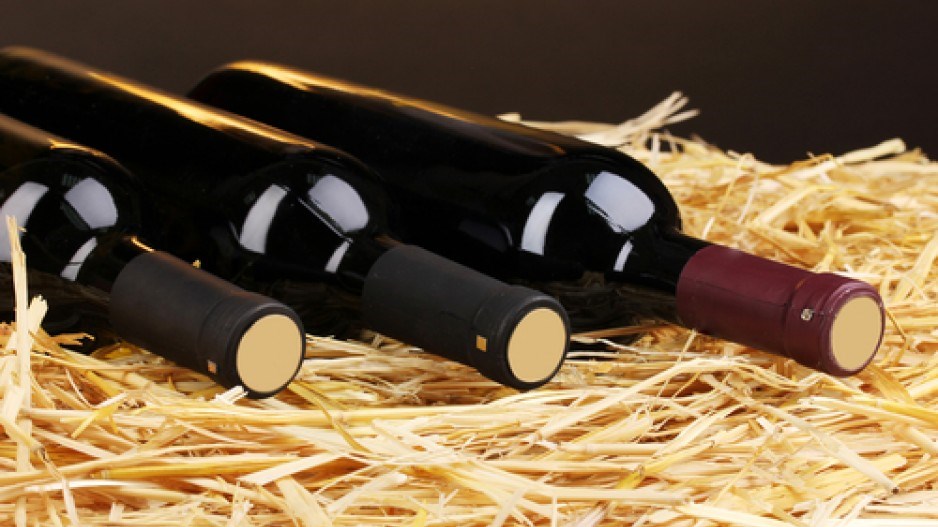About 10 kilometres north of Oliver, the manager of a tourist RV park is welcoming one of B.C.’s latest liquor law updates.
The new policy will allow general stores in destination resort communities to sell liquor. Previously the province’s rural agency store policy required “substantial permanent accommodation” for tourists; the change will allow stores in areas with seasonal – often RV – tourist traffic to sell liquor.
“It’s an excellent idea,” said Cliff Bristow, who manages Gallagher Lake Resort, located in the outskirts of Oliver.
The resort has a small store that sells food, propane and other sundries to visitors.
Bristow told Business in Vancouver that he’d apply for a liquor licence under the new rules if there weren’t a pub across the street that provides liquor off-sales.
“So probably [the pub] won’t go in the camping business, and we won’t go in the liquor business.”
But Bristow added that he’s wholeheartedly behind changes to B.C.’s “archaic” and “ridiculous” liquor laws and said the new rule will help resort stores serve the tourist market better.
“We have propane for [tourists], we have ice for them, we have milk and whatnot,” he said. “But for now, they’ve got to get in their car and drive 20 miles – if it wasn’t for the little place across the street – to get a case of beer. I mean, give me a break. Where’s the common sense there?”
Under the amended policy, the criteria for establishing a rural agency store in a tourist destination are that:
•the proposed location is a minimum of 10 kilometres from the nearest liquor store;
•a rural agency store won’t be authorized within city limits or within the municipal boundaries of an urban community;
•the resort must have substantial accommodation for tourists;
•there is a suitable business to accommodate a rural agency store, such as an independently owned full-service general grocery store, which has been in business for at least one year, and whose business is not associated in any manner with a chain store; and
•the community must support the establishment of a rural agency store.
The Ministry of Energy and Mines said that no interest groups, communities, MLAs or other stakeholders have been pushing for the change.
“This is a minor change that builds on a larger commitment to modernize liquor laws,” the ministry said in an email statement. “Helping smaller communities offer convenient access to alcohol for people on vacation helps make these communities more attractive to tourists.” •




